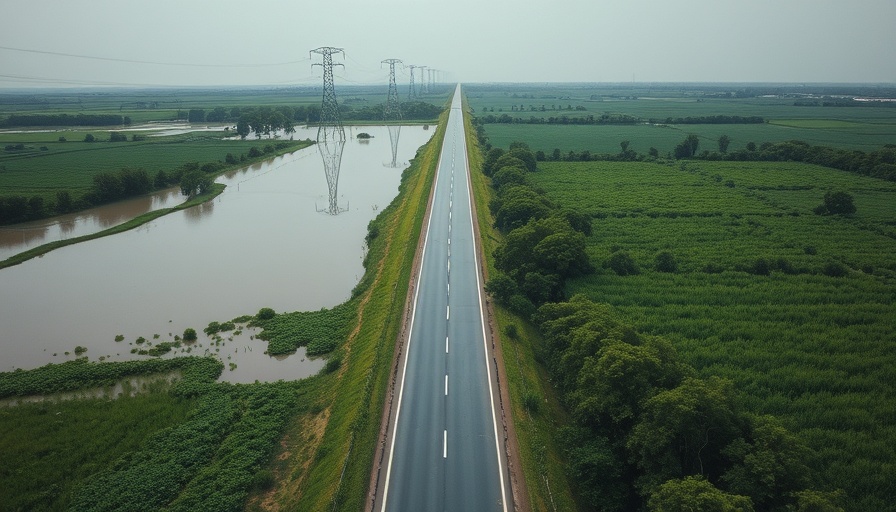
The Ethical Consumption Gap: An Unmet Demand
As consumers increasingly seek products that reflect their values, the demand for sustainable and ethically produced goods has surged. Recent statistics highlight that around 33% of growth in consumer packaged goods (CPG) comes from products identified as sustainable, even though these constitute only 18.5% of the total market share. This discrepancy points to a compelling truth: a significant portion of the market, especially in rural areas and America's Heartland, remains largely untapped. The realization that people are prioritizing ethical consumption is reshaping the retail landscape.
Access Challenges Further Complicate Ethical Marketplace
The challenge, however, lies in accessibility. Many regions across the U.S. face a double-edged sword: a physical distribution gap and a digital discovery challenge. For instance, consumers in underserved areas may find it difficult to access healthier options or even verify the claims regarding sustainability and ethical sourcing. This creates a frustrating gap between consumers’ desires for healthier products and what is actually available to them.
The Role of Data in Democratizing Access
Fortunately, data is at the forefront of bridging this gap. With advancements in technology and data analytics, retailers can better understand consumer preferences and needs, especially in underserved areas. Programs like Amazon’s Climate Pledge Friendly are taking steps to highlight sustainability which can set a precedent for local retailers. This democratization of data can empower brands to reach not just urban markets but also the rural demographic that has been overlooked for so long, reaping both ethical and financial rewards.
Inspiring Brands to Reconnect with Consumers
The shift towards ethical consumption is a rallying cry for brands to rethink their strategies. Rather than focusing solely on saturated markets, businesses should recognize the potential of engaging with consumers in rural America. They have the opportunity to foster a truly inclusive marketplace that provides ethical products to everyone, no matter where they live. These efforts not only fulfill consumer needs but also promote corporate responsibility and sustainability, contributing to a healthier planet.
What’s Next for Ethical Consumption?
The future for ethical consumption is bright, provided brands adapt and innovate. As the gap diminishes, and data becomes more integral in connecting consumers with ethical choices, retailers who embrace this shift can thrive. Companies that focus on their brand values in tandem with consumer demand for sustainability will find that they not only foster loyalty but also drive substantial growth in a changing marketplace.
 Add Row
Add Row  Add
Add 




Write A Comment